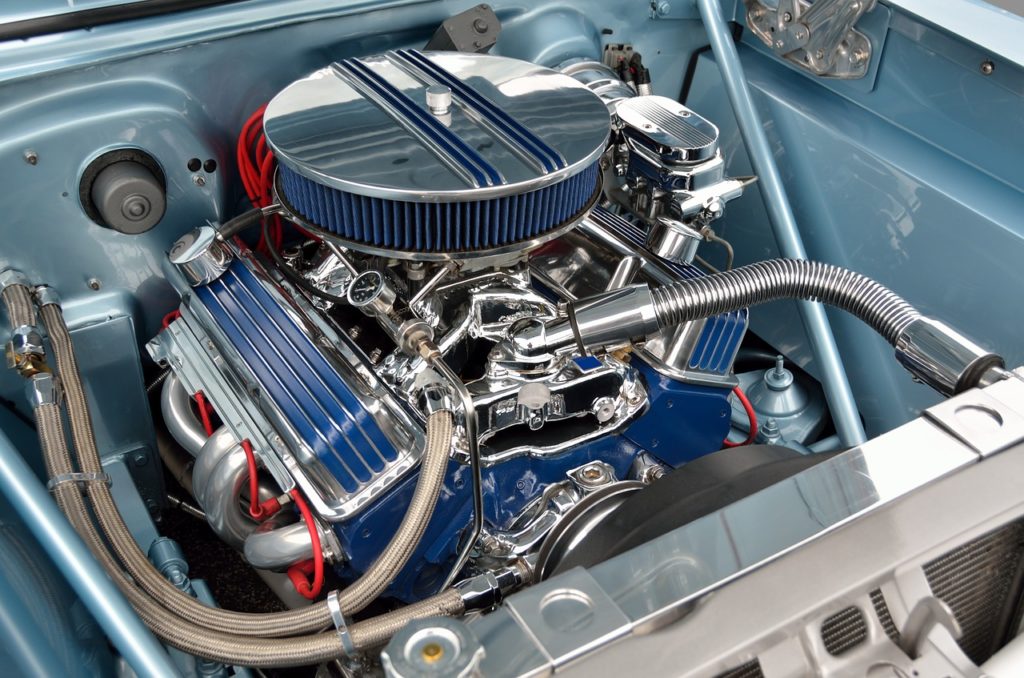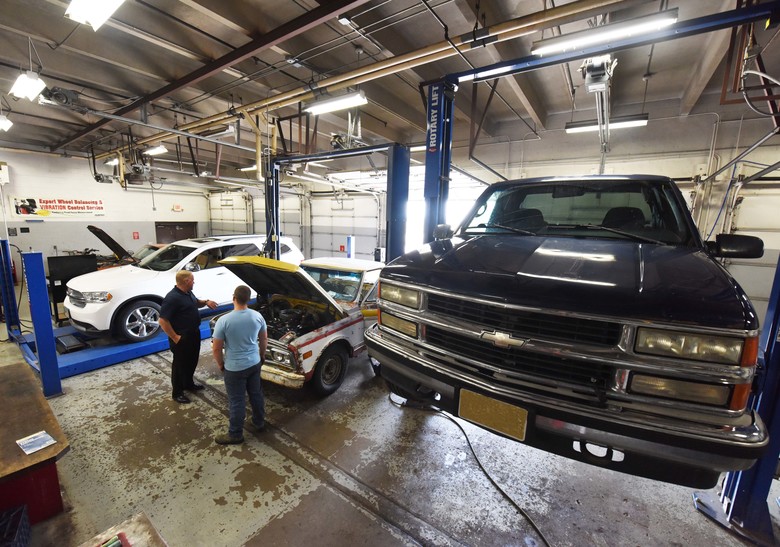Why Is My Car Burning Oil?
Cars burn a lot of things.
It burns fuel to run.
You can burn rubber if you want to go fast.
It can sometimes burn money if you want add-ons and enhancements.
But if there’s one thing your car should not be burning then it should be oil.
When your car is burning oil, it’s a sign of bigger problems in your engine. While it will be hard for everyday, ordinary people to pinpoint the cause of the problem, there are certain clues that can help you narrow down the problem.
So before your car runs out of oil, let’s discuss why your car burns oil.

Why Does My Car Burn Oil?
Normally, your car should not burn oil. The oil you put in your engine should more or less stay constant as it only serves as lubrication and coolant for your engine. For mechanics, burning oil basically means your car is using up or is losing oil. This can be due to leaks in the closed system (which is your engine). The term “burning oil” refers to what happens to oil when it escapes the system “burns” up as it hits hot surfaces in your engine compartment.
Now, to further understand the reasons why your car burns oil, we have to first establish that there are two types. The first one is when the oil burns outside the engine and the second is when it happens right inside the combustion chamber.
When Does Oil Burn Inside My Engine?
There are 3 possible reasons why your car is burning oil internally.
- Problems with your PCV - The PCV or the positive crankcase ventilation serves as a one-way highway for blow-by gases to escape from the crankcase. A faulty PCV causes increased pressure in the crankcase which sometimes forces the motor oil into the cylinders where it gets burned. The increased pressure can also cause blown gaskets and seals which can even cause more oil to burn. The PCV valve also helps in separating the blow-by gases (which are sent back to the combustion chamber) from the motor oil. When they are not separated, the oil goes to the combustion chamber and gets burned along with the fuel.
- Damaged Piston Rings - Piston rings serve the same purpose seals but the main difference is that piston rings allow a small amount of oil to seep between the pistons and cylinder. This is so the oil can serve as lubrication to reduce friction between those two surfaces. A piston ring should not be too tight that it does not allow oil to seep through but it should not be too loose allowing too much oil to get into the cylinder where oil sometimes escapes to the combustion chamber where it gets burned.
- Worn out seals and guides - The exhaust and intake valves of your car engine have seals and guides that prevent oil from going to the combustion chamber. In time, these seals and guides wear down. As a result oil escapes to your combustion chamber and you might see bluish smoke coming from your tailpipe which is the tell-tale sign of faulty piston rings or seals and guides.

When Does Oil Burn Outside my Engine?
If you smell oil burning in your car engine but don’t see bluish smoke from your tailpipe then your engine must be burning oil externally.
While less than likely than the situations mentioned above, when oil escapes from your engine it can drop to a surface that is hot enough to burn it. Leaks like this can be due to a improperly placed oil filter, a damaged oil pan, a loose drain plug or filler cap, or damaged valve cover gaskets.
Compared to when your car burns oil internally, the answer to such situations are often easier and less costly.
If you feel like your car is losing oil consistently and your oil levels drop a few weeks after an oil change then your car might be burning oil. Look for the tell-tale signs (bluish-smoke from the tailpipe or smell of oil burning) and have a mechanic look at your car.

